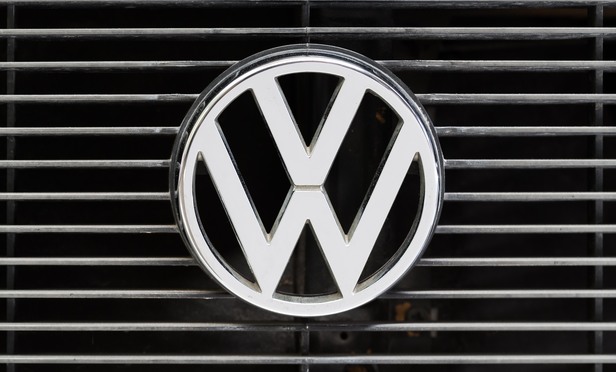For the money, the coolest car that Volkswagen AG makes is the Golf GTI. The gasoline powered hot hatch puts up impressive quarter mile and 0-60 times, brakes well, and has room for the kiddos in the back. It is also part of a dying breed of available three pedal cars in the U.S. market—with most Americans opting for automatics. The company also makes a “clean diesel” version called the TDI. Some people like the diesel that uses the EA189 common rail diesel because it gets up to 44 highway miles per gallon and is generally more reliable than its gas engine counterpart. It is slower than the gas powered GTI, but it still feels quick with 150 horsepower and 236 pound-feet of torque.
The diesel version is about to get less fun. In the last week, it has been widely reported that VW, the world’s largest carmaker, tricked U.S. regulators by coding the engine management software of these cars so they operated differently under emissions testing. We won’t know exactly how much pep the car will lose until VW reprograms the car’s on-board computer to adjust its performance figures. Over 11 million cars used this engine software (likely most of them in Europe). According to car guru website Jalopnik, the VW engines can emit 10 to 40 times more than the allowable legal levels of some pollutants.
This content has been archived. It is available through our partners, LexisNexis® and Bloomberg Law.
To view this content, please continue to their sites.
Not a Lexis Subscriber?
Subscribe Now
Not a Bloomberg Law Subscriber?
Subscribe Now
LexisNexis® and Bloomberg Law are third party online distributors of the broad collection of current and archived versions of ALM's legal news publications. LexisNexis® and Bloomberg Law customers are able to access and use ALM's content, including content from the National Law Journal, The American Lawyer, Legaltech News, The New York Law Journal, and Corporate Counsel, as well as other sources of legal information.
For questions call 1-877-256-2472 or contact us at [email protected]






